The Minefield They Call Genre
 When I started reading adult fiction many years ago nobody ever mentioned the word ‘genre’. Yes, there were novels that tended to be read only by women and others (largely thriller, spy or cowboy stories) that were clearly aimed at men. Crime novels either fell into the cosy Agatha Christie mould or the deeper, darker realms of Maigret, and the science fiction and horror titles had a very specific readership and largely spoke for themselves.
When I started reading adult fiction many years ago nobody ever mentioned the word ‘genre’. Yes, there were novels that tended to be read only by women and others (largely thriller, spy or cowboy stories) that were clearly aimed at men. Crime novels either fell into the cosy Agatha Christie mould or the deeper, darker realms of Maigret, and the science fiction and horror titles had a very specific readership and largely spoke for themselves.
Beyond that, the majority of novels were simply shelved alphabetically by author name in libraries and bookshops and we were left to pick up the ones whose authors were familiar to us or whose titles appealed. Even the covers were of little help, as these were often loose paper jackets that slipped over (and often fell off) a plain one-colour hardback shell, and lacked the explicit images and intense ‘branding’ of today’s mass market paperbacks.
Of course it’s different now. There are enormous numbers of ingeniously named genres, catering for all tastes, from vampire versions of Jane Austen to Fifty Shades-style sex to ‘steam punk’.
It’s the publishers and booksellers who are demanding this level of categorisation, we are told, so they can market each title to a very precise audience, but it can easily leave us authors struggling to answer the simple question ‘What sort of book have you written?’ I’m tempted just to say, ‘A good one,’ but flippancy gets you nowhere, and it’s vitally important for us, especially as new authors, to find and understand our own brand – and then stick to it.
When it comes to online sales, where to ‘shelve’ a book is an entirely different matter. Just take a look at the ‘tags’ attached to any novel on Amazon and you can see how desperately publishers are trying to slot it into as many possible genres, and therefore search categories, as they can. Include one kiss and you can call it a romance, one death and you can call it a crime. Of course, this often leads to some very surprising ‘bestseller’ statuses when a novel with very average sales finds itself placed highly in the rankings of a little-read category with minimal competition, but if it gets the book some attention, then why not? All publicity is good publicity.
Every self-respecting genre has its sub-genres too. Why not be as precise as possible? Not everyone wants the same thing from their reading choices, even if they broadly call it ‘romance’ for instance. In fact, when I looked up ‘romance’ in the Amazon kindle store, I found 16 sub-categories, including paranormal, historical, romantic suspense, lesbian, and even Westerns! It seems that there’s a lot more to love these days than I realised.
When I started to write my debut novel ‘Lily Alone’ I knew who my characters were going to be and what I intended to happen to them, but its potential genre remained a mystery to me. Was it essentially a romance? Was it commercial women’s fiction? Was it a crime story? A psychological thriller? Just saying that it has bits of all those things really isn’t enough these days. My book needed a label. And if publishers can’t find one that fits then it seems they do one of two things. They either aim their marketing efforts, including cover image and branding, at the one which is proving most popular at the moment OR they make up a new one.
The day I was offered my publishing contract was the day I first heard the words ‘grip lit.’ At first, I misheard and thought my editor had said ‘grit lit’ but I have since discovered that is an even more obscure genre, dealing with gritty stories from the Southern states of America, clearly trying to bring in a clever play on words as in those parts grits are something that gets eaten too. No, ‘grip lit’ is the genre that encompasses gripping psychological reads like ‘Gone Girl’ or ‘The Girl on The Train’, generally written by women and for women, with a heroine in danger, and often becoming isolated and alone despite the usually quite ordinary domestic setting. There is usually some element of crime involved, and the story is at least partially told by an unreliable narrator so the reader is never quite sure who to believe.
Did my story have all of that? My leading character is certainly unreliable as she tells most of her story from the depths of a coma, her thoughts jumping all over the place and her memories muddled. Is she isolated, alone, in danger? Absolutely, as anyone would be in her circumstances. And has there been a crime? If you call leaving a toddler at home alone a crime, then yes, there has.
Yet, somehow, despite so many matches, I am still reluctant to label my novel as ‘grip lit’. Why? Because there are several romances running through it too. And older characters with problems of their own, and new friendships being formed, and even humour. But a label it must have.
In the end, we settled for ‘domestic drama’ but when I check at the foot of my Amazon page I see the book has also been tagged as ‘women’s fiction’, ‘mystery, thriller and suspense’, ‘psychological’, and even ‘detective’ – where it currently holds its highest ranking place, despite there being no detective in the entire book!
—
Originally trained in finance and banking, but more recently working with young children and their families in libraries and children’s centres, Vivien started her writing career, using her then name of Vivien Hampshire, with a 150-word paragraph that won the Mail on Sunday Best Opening to a Novel competition in 1993. Since then she has sold more than 140 short stories to UK women’s magazines and 250 articles about working with children to professional nursery and childcare magazines.
Now writing as Vivien Brown, she has two novels, ‘Lily Alone’ and ‘Five Unforgivable Things’ published by Harper Impulse – both domestic dramas with romantic threads running through them. Vivien lives in Middlesex with her husband and two cats. She has twin daughters, now grown-up, and two young granddaughters who keep her busy and entertained.
Website: https://vivienbrownauthor.wordpress.com
Twitter: https://twitter.com/VivBrownAuthor
Facebook: https://www.facebook.com/viv.hampshire
About LILY ALONE
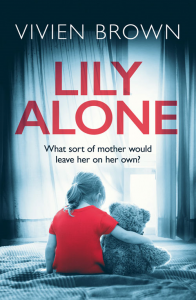 What sort of mother would leave her all alone?… a gripping and heart-wrenching domestic drama that won’t let you go.
What sort of mother would leave her all alone?… a gripping and heart-wrenching domestic drama that won’t let you go.
Lily, who is almost three years old, wakes up alone at home with only her cuddly toy for company. She is afraid of the dark, can’t use the phone, and has been told never to open the door to strangers.
But why is Lily alone and why isn’t there anyone who can help her? What about the lonely old woman in the flat downstairs who wonders at the cries from the floor above? Or the grandmother who no longer sees Lily since her parents split up?
All the while a young woman lies in a coma in hospital – no one knows her name or who she is, but in her silent dreams, a little girl is crying for her mummy… and for Lily, time is running out.
About FIVE UNFORGIVABLE THINGS
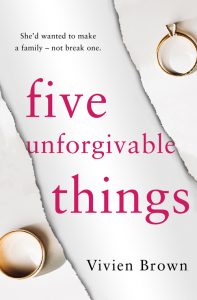 Over twenty years ago, Kate’s dream came true. After years of struggling, she was finally pregnant after pioneering IVF. But the dream came at a cost. Neither Kate nor her husband, Dan, could have known the price that they would have to pay to fulfil their cherished wish of having their own family.
Over twenty years ago, Kate’s dream came true. After years of struggling, she was finally pregnant after pioneering IVF. But the dream came at a cost. Neither Kate nor her husband, Dan, could have known the price that they would have to pay to fulfil their cherished wish of having their own family.
Now, years later, their daughter Natalie is getting married and she’s fulfilling her own dream of marrying her childhood sweetheart. Natalie knows she won’t be like most brides in her wheelchair, but it’s the fact her father won’t be there to walk her down the aisle that breaks her heart.
Her siblings, Ollie, Beth and Jenny, gather around Natalie, but it isn’t just their father who is missing from their lives… as the secrets that have fractured the family rise to the surface, can they learn to forgive each other before it’s too late?
Category: Contemporary Women Writers, On Writing




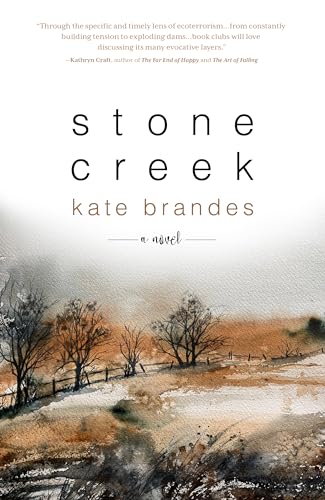
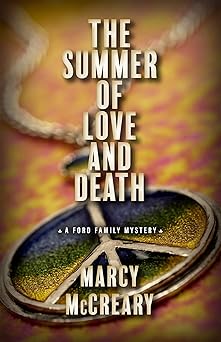
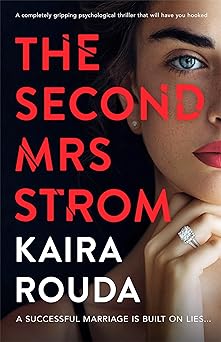
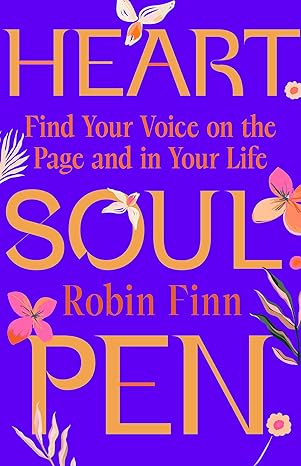
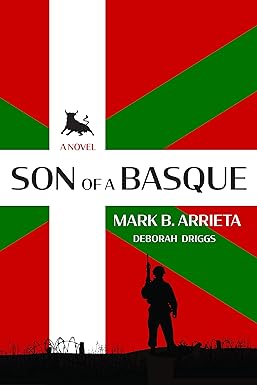
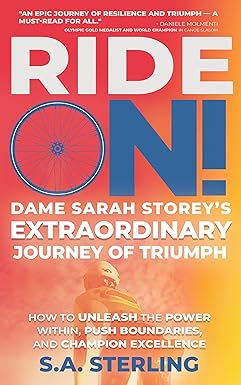
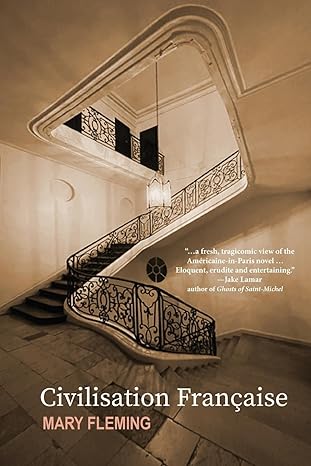
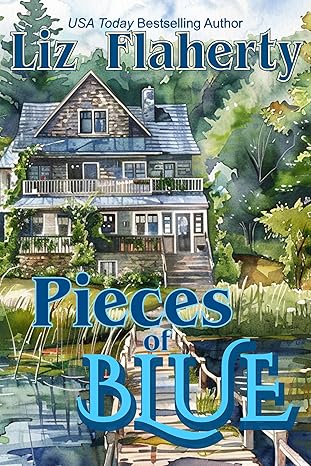
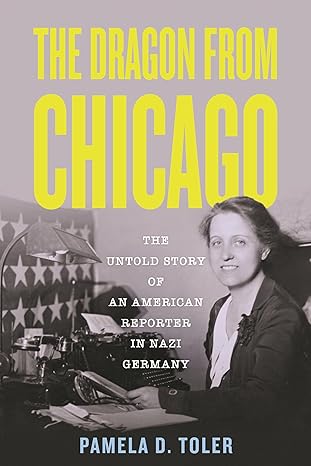
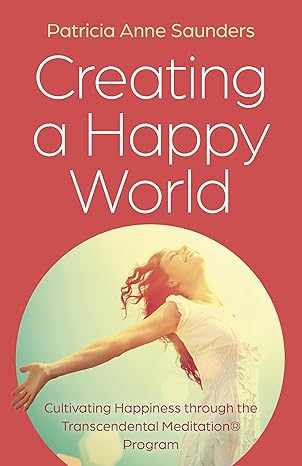
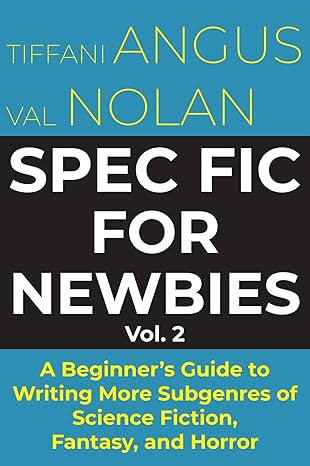
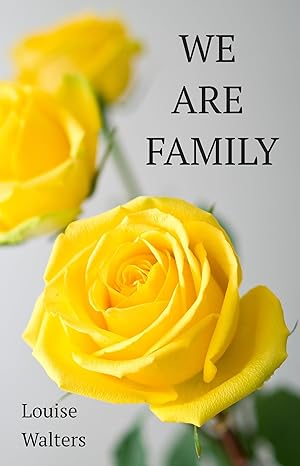
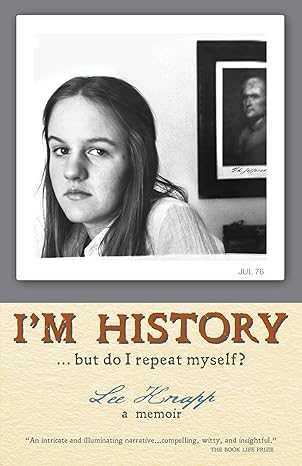
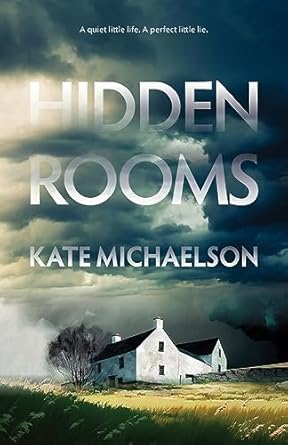
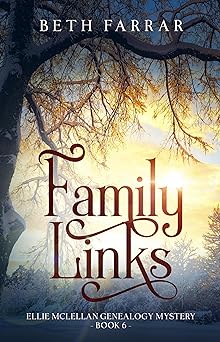
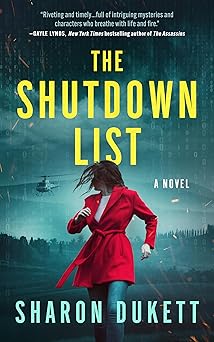
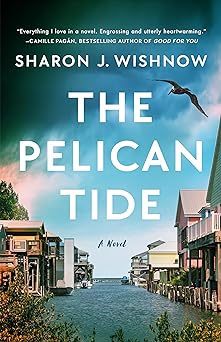
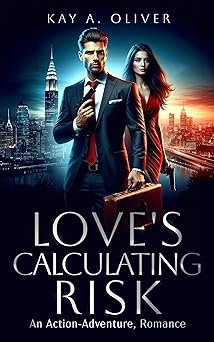
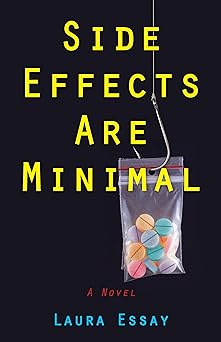
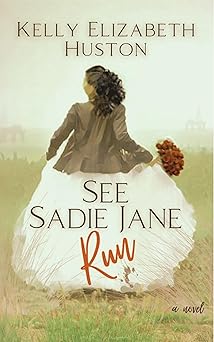
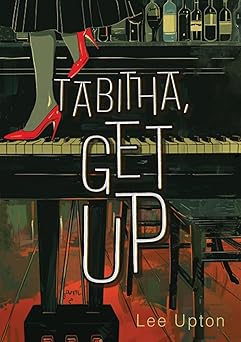
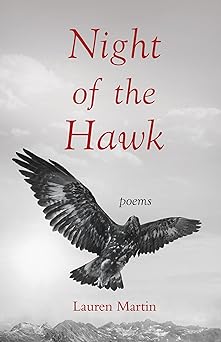
So pleased you found it useful, Patricia. I sometimes feel that new genres are popping up every day! It has become far too easy to call yourself a bestseller these days, when in fact yours might be the only book in a sub-genre category so small it has ben invented just for you!
Many thanks.
An excellent article on this, well – minefield – of a subject. Thoroughly researched with great contributions from personal experience.
It is extremely useful to any new writer about to start the harrowing journey to publication.